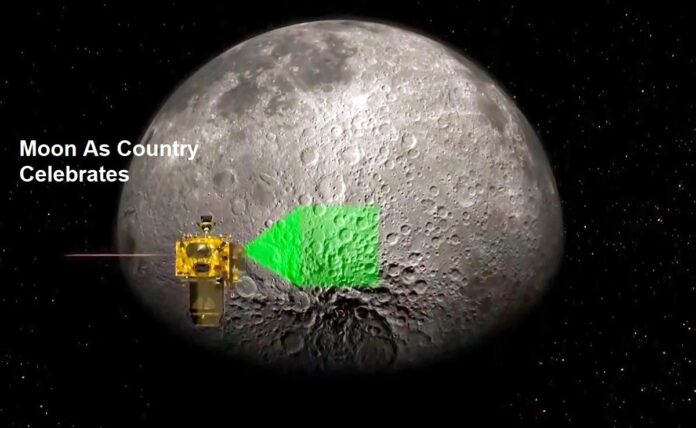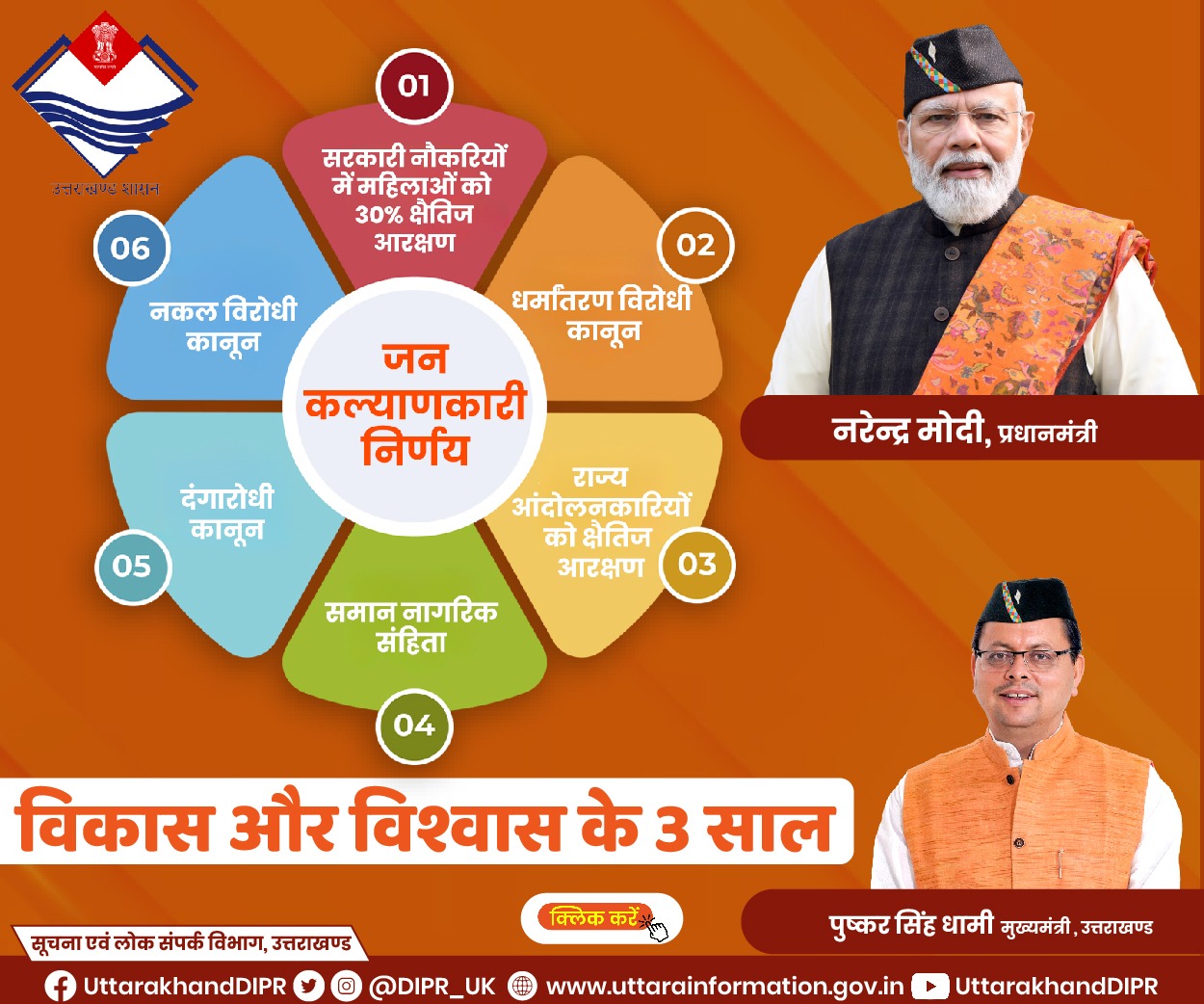The six-wheeled rover will conduct tests on the moon’s surface during the following 14 days. The mission life of the Pragyan rover and the Vikram Lander is each 1 lunar day, or 14 days on earth.
New Delhi: The Chandrayaan-3 successfully touched down on the moon’s surface yesterday night, realizing the dreams of 1.4 billion people and elevating India to the ranks of advanced spacefarers.
However, the Vikram lander and Pragyan rover still have a lot of work to do on the lunar surface as the nation celebrates this significant achievement. Already on the lunar surface is the rover.
The Indian Space Research Organisation (ISRO) tweeted this morning to share the announcement, “Chandrayaan-3 ROVER: Made in India.” Designed for the MOON! India took a moonwalk as the Ch-3 Rover descended from the Lander.
Both the lander and the rover are in good condition, and Pragyan has emerged from the Vikram lander, according to ISRO Chairman S Somanath, speaking to NDTV’s Pallava Bagla. He suggested that pictures of the two might come out soon.
The six-wheeled rover will conduct tests on the moon’s surface during the following 14 days. The mission life of the Vikram Lander and Pragyan Rover is 1 lunar day, or 14 days on earth. Five payloads are included in the lander module for various tasks on the Moon.
To better comprehend the lunar surface, the rover’s Alpha Particle X-Ray Spectrometer will be utilized to determine the chemical composition and infer mineralogical composition.
The elemental makeup of the rocks and soil surrounding the landing location will be determined by a Laser Induced Breakdown Spectroscope.
In order to detect the near-surface plasma (ions and electrons) density and its variations over time, the lander is also equipped with RAMBHA-LP (Langmuir Probe). The thermal characteristics of the lunar surface close to its poles will be measured by ChaSTE, or Chandra’s Surface Thermo Physical Experiment. The seismic activity near the landing location will be measured by the Instrument for Lunar Seismic Activity.
The solar-powered rover’s activities is projected to taper down after 14 days of operation. It will be in contact with the Lander Vikram at this time, which will transmit data to ISRO. The rover is not directly connected to ISRO.
Send in a remark Due to the accomplishment of the Chandrayaan mission, India has become the first nation to successfully land a spacecraft close to the south pool of the moon, an area containing frozen water that may serve as a supply of oxygen, fuel, and water.



